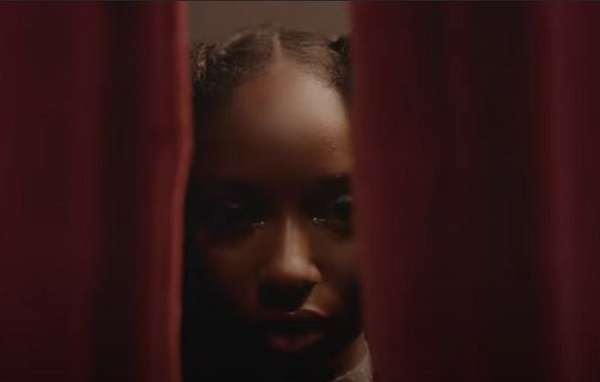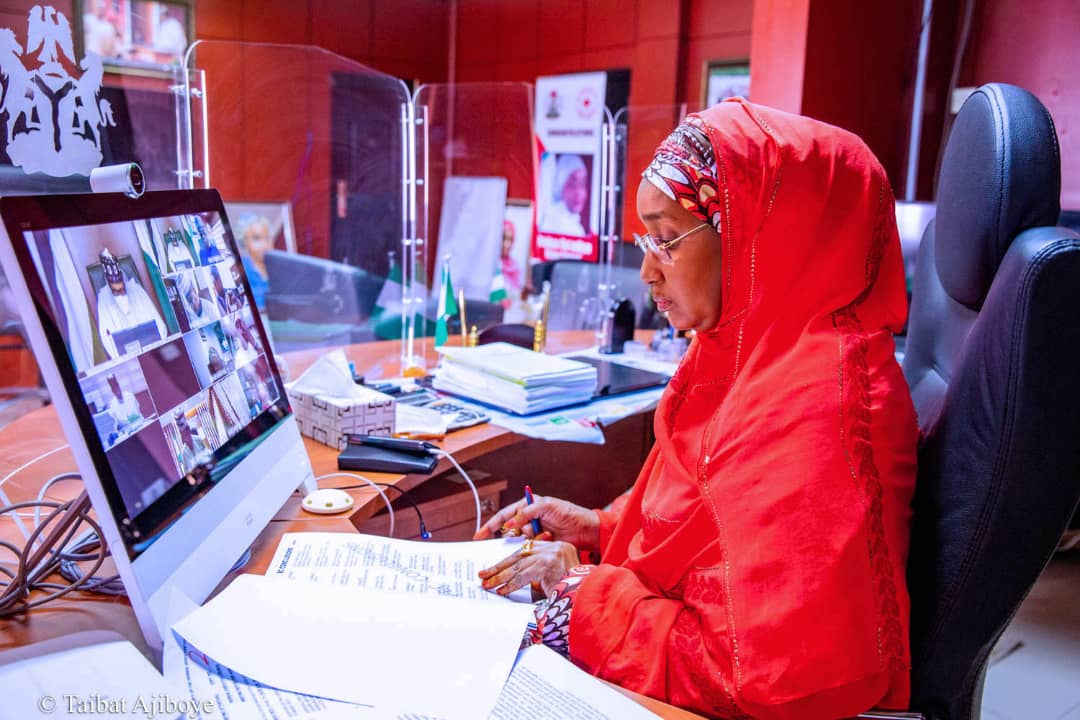At a workshop for film critics, I attended in Accra, Ghana almost 20 years ago, one of the facilitators Olivier Barlet, author, journalist, and film critic, advised us participants to never write about how a film should have been. His idea is to review the work of art as is, and that anything more than that is equal to the critic making their own film or words to that effect. Anytime I’m faced with “judging” a movie, I remember Olivier’s advice. True, it isn’t easy, and we found this out even before that workshop ended when Olivier blurted out that a certain Moroccan film was “bad.” Still, I try to refrain from “remaking” films in the course of writing reviews.
However, as you can see from the above headline, it doesn’t look like I’ll be paying any heed to Olivier’s advice. I have decided to set aside his advice today as I talk about Slay. There’s no easy way to talk about Slay without using phrases such as “they should have” or they could have.” How do you start with such a star-studded cast, in a picturesque location like SA and end up with a movie that plays like a collection of skits?
The star-studded Slay, directed by Adze Ugah tells or attempts to tell the story of slay queens searching for rich men or “blessers” to maintain an expensive lifestyle. This is the simplest synopsis I can come up with. In Nigeria, people who do this are referred to as “Runs Girls” among other choice names. This what Netflix says about Slay: “In pursuit of both success and validation, a group of tech-savvy individuals juggles intimate encounters, first impressions, and romantic opportunities.” This doesn’t sound like the writer has seen the film. First off, no one is tech-savvy in that film except being tech-savvy means the ability to operate an Instagram or a Tinder account. Let’s not quibble. Yet, I have many questions about the story/plot of Slay: What’s supposed to be the takeaway for the viewer? Granted, the audience is free to draw its own conclusion and it’s not necessarily a director’s job to tell his audience what to think… But still, there must have been for making the film. Is there an issue Slay wishes to draw attention to, like the downsides of being a slay queen? Or how not to be a slay queen?
In Slay, Richard (Ramsey Nouah) is the jobless applicant who passes himself off as his rich cousin Reggie (Fabian Olojede) to attract women/slay queens whom he usually dumps on social media. The fact is that he kicks them out unceremoniously the morning after. One of those women is Candy (Amanda du Pont) who with her roomie Lungi (Dawn Thandeka King) decides to pay him back. There’s Musa (Idris Sultan) who, just out of a relationship is searching for that woman who’s not after money and Lerato (Simphiwe Ngema) is that special woman. Lerato is broke, barely making ends meet, and has to ask her mother for help with food. Of course, paying rent is even harder in the accommodation she shares with Penny (Enhle Mbali Mlotshwa) who’s the original slay queen.
Advertisement
Penny thinks she’s caught a big fish when she sees Clive at a club. Musa first sees Lerato in a photograph sent by Penny to Clive his cousin, manages to tag along when Clive goes to see Penny. But when Lerato and Musa first meet, she thinks he’s his cousin Clive’s driver. Understandably, she runs away from Musa, talks down on him at every turn. This doesn’t add up. For someone who is not into rich men, Lerato goes out of her way to belittle Musa who she thinks is a driver. And although she comes to this conclusion by herself, she makes a big deal as she accuses him of lying to her. Except also that they didn’t have a real relationship to speak of. Previously meeting a couple of times is not sufficient. If this all sounds confusing, join the club.
As far as Slay’s story goes, it begins with promise well enough but the story could’ve been woven around Lerato/Musa and they would’ve formed the core of the film. Instead, what we have is a half-hearted love story. Lerato and Musa barely interact before their ‘happily ever after.’ Meanwhile, the time that could have been used to build their relationship is used up by the duo of DotCom (Williams Uchemba) and Emmanuel (Richard-Kalybos-Asante) whose role is not clear. I understand sprinkling in humour, but these guys were hanging. Uchemba’s character is supposedly a chef/cook although we never see him cook. Emmanuel is his friend from Ghana who’s in South Africa in search of a job. They are engaged in a stupid fight over an older white South African housekeeper. It would have made better sense for them to work in any of the houses of the main cast. Who had the bright idea to make them ‘fight’ over the old woman around the corner?
Slay is star-studded (as I’ve said more than once) with big names from South Africa and Nigeria. Perhaps because the movie is as star-studded as Slay is, quite a few characters appear to be under-utilised. We see Fabian Lojede in one scene and in some other ‘waka pass’ situations. I was drawn to Slay because of Ramsey Nouah. I should’ve been wary when his name was spelled wrongly in the opening credits. What’s more, I feel he may have been overqualified for the role of Richard. He could’ve been a con man by himself. He didn’t need the cover of a cousin. And we are to believe that Ramsey Nouah and Fabian Lojede wear the same size, enough for him to be ‘borrowing’ his cousin’s clothes? For what it’s worth Slay has wasted a big opportunity to humanise the so-called slay queens. Speaking of which, the wigs in Slay were something else. For these supposed slay queens, their dressing especially their wigs didn’t live up to standard.
Advertisement
SLAY
Director: Adze Ugah
Featuring: Ramsey Nouah, Fabian Lojede, Tumi Morake, Thandeka Dawn King, Amanda du Pont, Lillian Dube, Idris Sultan, Trevor Gumbi,
Executive Producer: Elvis Chucks
Advertisement
Onoshe Nwabuikwu, AIRTIME columnist is a renowned TV/Film critic, and Film scholar. She also has experience in Advertising as a senior Copywriter and Corporate Communications as Communications consultant
Add a comment







